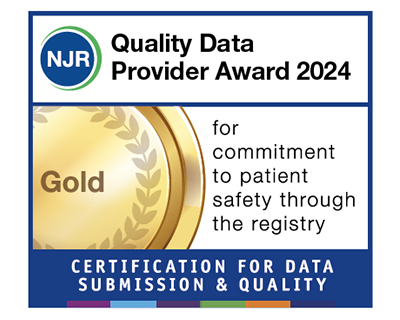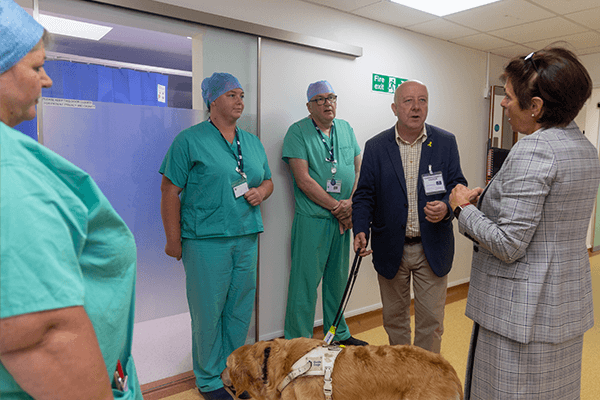Mount Stuart Hospital Specialists
-

Mr Mark Ashworth
Mr Mark Ashworth is a Consultant Orthopaedic Surgeon in Torquay, Devon who specialises in knee replacements.
Read more -
Mr Stephen Blake
Mr Stephen Blake is a Consultant Orthopaedic Surgeon in Torquay, Devon who specialises in hip and knee surgery.
Read more -
Mr Ben Bradley
Mr Ben Bradley is a Consultant Orthopaedic Surgeon in Devon who specialises in hip and knee replacements.
Read more -
Mr Gordon Higgins
Mr Gordon Higgins is a Consultant Orthopaedic Surgeon in Torquay, Devon who specialises in hip and knee surgery
Read more -
Mr Ben Holroyd
Mr Ben Holroyd is a Consultant Orthopaedic Surgeon in Devon who specialises in hip and knee surgery.
Read more -

Mr Robert Lofthouse
Mr Robert Lofthouse is a Consultant Orthopaedic Surgeon in Torquay, Devon who specialises in hip and knee surgery.
Read more


